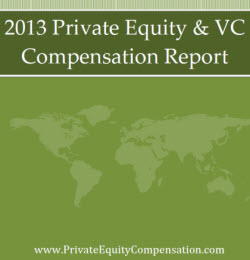Looking ahead to 2102, if there’s just one thing we can say with any degree of certainty is that it’s no longer our father’s private equity industry anymore. It has taken three years since the bottom fell out for the PE industry to come to terms with its own mortality. Not that it’s about to meet its demise, far from it. But, the days of herculean deals and superhuman returns appear to be over, at least for the foreseeable future, and private equity firms are re-calibrating their targets to smaller, more selective growth opportunities. While these trends began to emerge soon after the financial crisis, an unexpectedly tepid year in the market last year has left no doubt as to their future trajectory.
A somewhat rosy forecast for 2011, coming on the heels of what most saw as a “recovery” year in 2010, was dampened by investor angst over increasing uncertainty in the economy and the markets. The carryover of deal-making from 2010 began to fizzle by the end of the 2nd quarter and the remainder of the year saw a precipitous decline in buyout activity and value. The year ended with PE returns falling by more than two-thirds from the double-digit returns of previous five-year periods. The silver lining for investors is that, on average, their returns were still better than the S&P 500, which is why they will continue to invest in PE funds, albeit more selectively.
Along with the decline in buyout valuations has come a drop in the amount of leverage PE firms are able to utilize which not only caps the size of the potential deals, but also the size of their returns. Less than half of the buyouts last year were completed using borrowed funds as private equity firms are turning increasingly to equity for financing their deals. So, the deals have to be smaller, and PE firms must focus on generating returns through the organic growth of their companies as opposed to financial engineering, which is why more firms are adding operational and management expertise to their staffs. Big returns are now to be found in turnaround situations and startups where management expertise can drive growth and groom companies for acquisition.
This is not so much a new era as it is a back-to-basics shift that could very well be just what the industry needs to boost its image as well as its long term fortunes. What came to be an overreliance on financial engineering for generating returns proved to be as unsustainable as it was politically incorrect. Although unlikely in an election year, perhaps a shift to a more positive, business growth investment strategy will quiet the clamoring politicians who have relentlessly attacked the “obscene” earnings of PE firms with threats of higher taxes on carried interest. OK, that won’t happen, but the net effect on the industry, business and the economy will still be positive.

